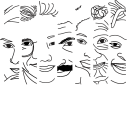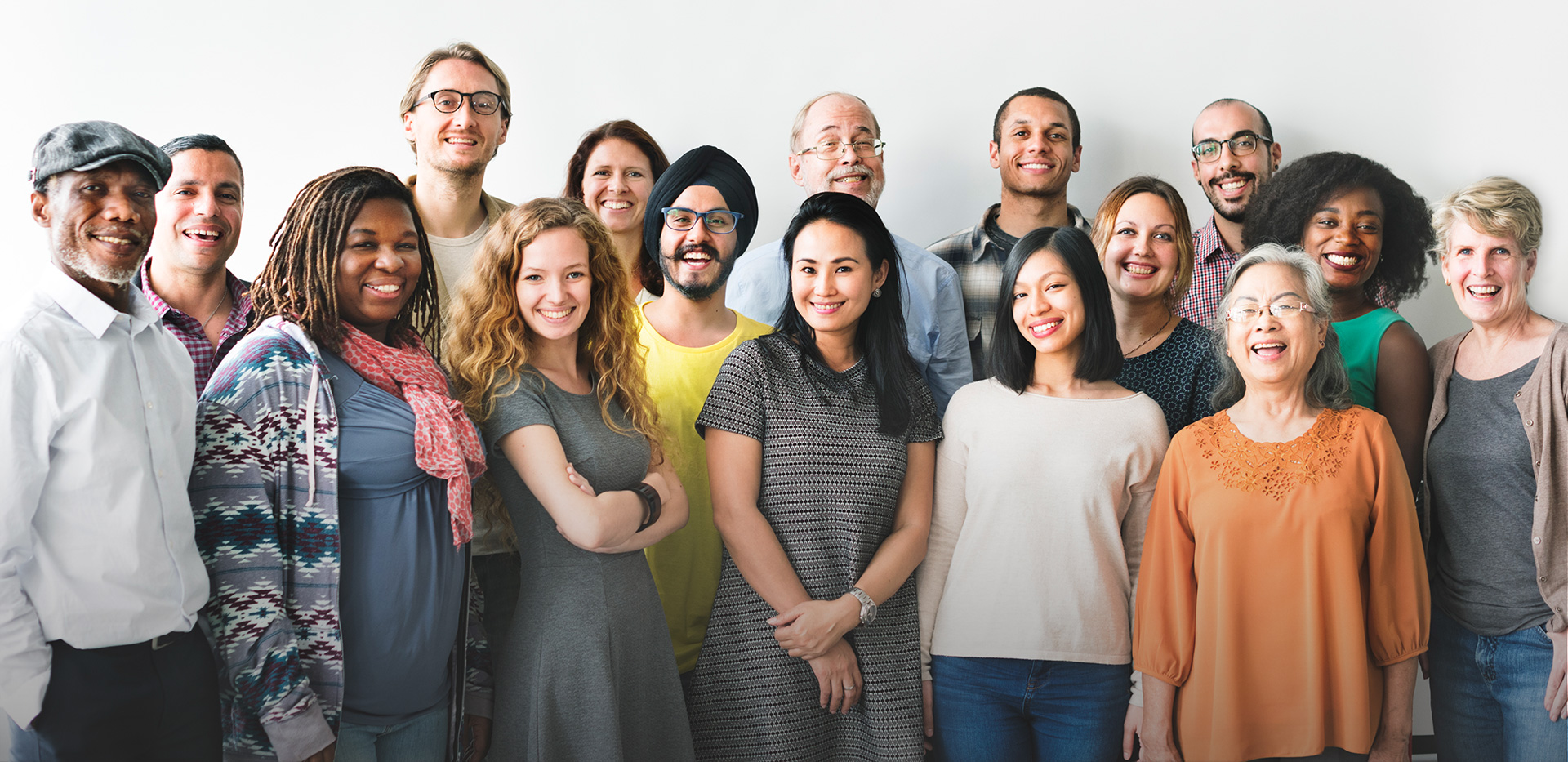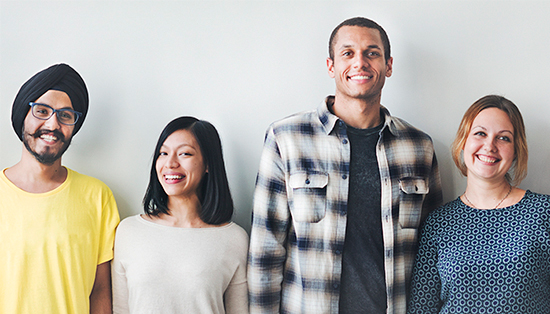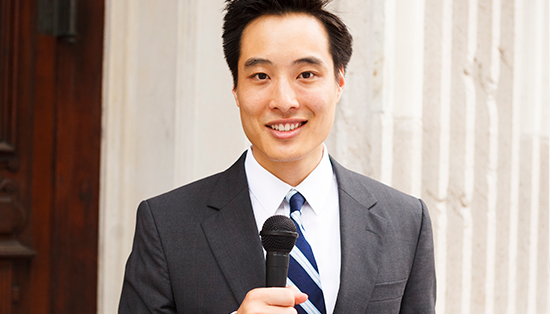Aimed at helping people find out their HIV status, the campaign urges people across communities, including people from diverse cultural backgrounds, to get tested for HIV.
HIV Testing Week (1-7 June) campaign is promoting awareness and access to regular HIV testing across NSW.
HIV testing is an vital first step to ending the HIV epidemic, according to Barbara Luisi, manager of the Multicultural HIV and Hepatitis Service (MHAHS).
“HIV testing can put people in control of their HIV status. Where a test is positive, effective treatments mean people can live a long, healthy life and are less likely to pass on the virus. Regardless of the test result, testing also helps make people HIV aware, giving them the facts and confidence to prevent new infections, and ultimately putting an end to HIV,” said Ms Luisi.
HIV remains a public health concern in Australia with an estimated 27,150 people living with HIV in Australia in 2016. Nearly one in ten Australians living with HIV are unaware they have the virus and may be unknowingly passing on the virus to others.
They also risk missing out on getting HIV treatments on time due to late diagnosis.
The testing week aims to increase awareness of the range of HIV testing options available and encourages people to test regularly.
Ms Luisi added: “It is easy to get tested for HIV with many options available today. HIV tests are quick and confidential, and people at higher-risk of HIV across NSW can now order a free home testing kit online for convenience.”
 The HIV home testing kit, Dried Blood Spot HIV Test (DBS) allows individuals to order a free self-sampling kit online, take their own sample in the privacy of their own home and send it to a laboratory for testing and results management. You do not need to go to a clinic or doctor to do this test. Testing kits can be ordered from http://www.hivtest.health.nsw.gov.au which also has information in a range of languages including plain English.
The HIV home testing kit, Dried Blood Spot HIV Test (DBS) allows individuals to order a free self-sampling kit online, take their own sample in the privacy of their own home and send it to a laboratory for testing and results management. You do not need to go to a clinic or doctor to do this test. Testing kits can be ordered from http://www.hivtest.health.nsw.gov.au which also has information in a range of languages including plain English.
The Sydney Local Health District based MHAHS is supporting the campaign by undertaking an ethnic media campaign across eight languages to promote home HIV testing and highlight the essence of the Ending HIV equation.

Test More - more of us need to get tested more often, as this is the only way that undiagnosed infections can be decreased and access to treatment can be increased. How often depends on our lifestyle and sexual behaviour.
Free and anonymous HIV tests are available with your family doctor and at sexual health clinics located across Australia. At sexual health clinics you do not need to have a Medicare card or give your real name.
Treat Early - advances in HIV medicines offer improved health benefits for people with HIV and can reduce traces of the virus in their body to an undetectable level. This significantly reduces the likelihood of transmitting HIV.
Stay Safe - condoms and taking a HIV pill everyday (called PrEP) to protect yourself from HIV remain central to the fight against HIV so people need to maintain a culture of safe sex.
HIV is most commonly transmitted through unprotected sexual contact. Condoms are one of the most effective ways to prevent the transmission of HIV.
There is currently no cure or vaccine available for HIV/AIDS, but there are effective treatments that can greatly slow the effect HIV causes to the body.
For further information on HIV testing, please contact your local sexual health clinic, listed under Sexual in the White Pages. To contact a service using a telephone interpreter, call 131 450 from anywhere in Australia for the cost of a local call.Discussions through an interpreter are always confidential.
Some of the major sexual health clinics In Australia include:
NSW: Sydney (02) 9382 7440 / Liverpool (02) 9827 8022 | VIC: Melbourne (03) 9347 0244 |
SA: Adelaide (08) 8226 6025 | QLD: Brisbane (07) 3227 8666
You can find out more about the campaign, and what’s going on locally by visiting www.mhahs.org.au. The website also includes many resources, including information on the basics of HIV testing, where to get tested, how to get in the campaign including materials designed to spread the word about the campaign using real peoples' stories.
-End
For media interviews, please contact Sonam Paljor on 02-95151234 www.mhahs.org.au











